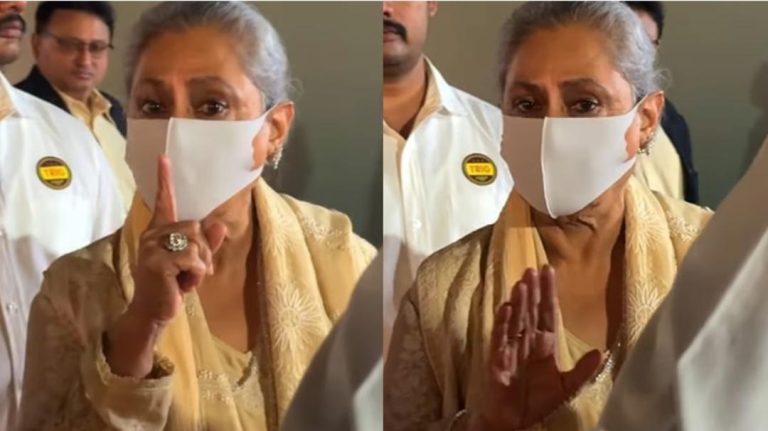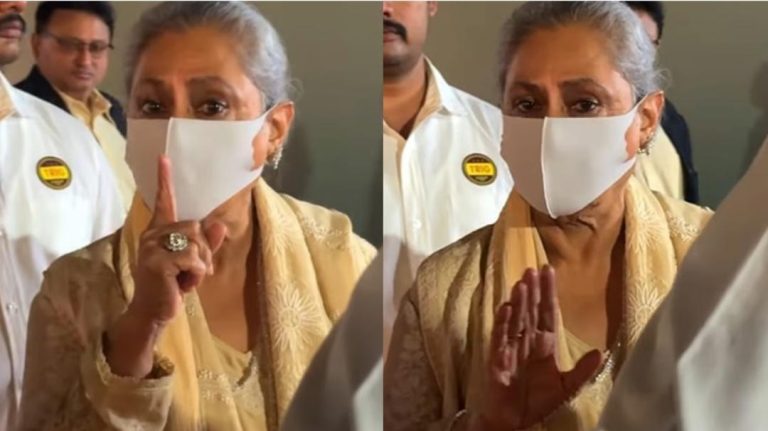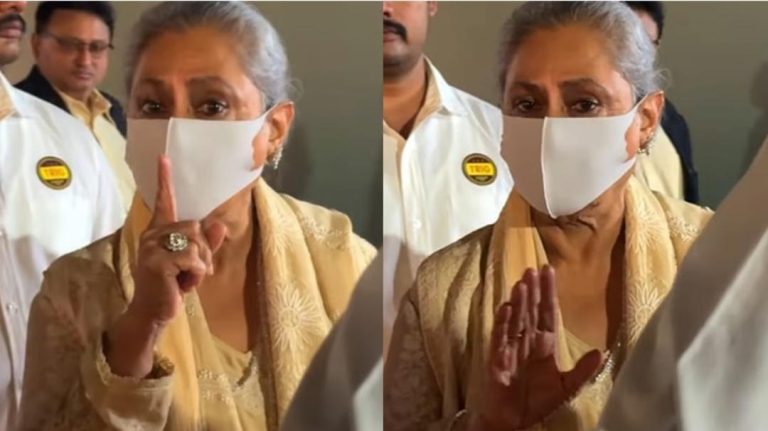
Petition filed with the Ministry of I&B to ban Udaipur Files
The controversy surrounding the upcoming film Udaipur Files has taken a new turn with the latest development. The President of Jamiat Ulama-i-Hind, Arshad Madani, has announced that a petition has been filed with the Ministry of Information and Broadcasting (MIB) to ban the release of the Vijay Raaz-starrer. This move comes as a response to the film’s alleged promotion of communal tension in society.
As reported by the Free Press Journal, Madani took to Twitter to inform everyone about the petition, stating, “The petition states that the film is based on hatred, may promote communal tension in society.” This development has sparked a heated debate among film enthusiasts, with some supporting the decision to ban the film while others believe it to be a violation of artistic freedom.
For those who may not be familiar with the film, Udaipur Files is a drama that explores the lives of four individuals from different religious backgrounds who come together to uncover the truth behind a series of mysterious events. The film’s trailer has generated a lot of buzz, with many praising its unique storyline and engaging performances.
However, some critics have raised concerns about the film’s potential impact on societal harmony. They argue that the film’s portrayal of religious tensions could spark communal violence and create unrest among different communities. In light of these concerns, the petition filed by Jamiat Ulama-i-Hind is an attempt to prevent any potential harm that the film may cause.
The move to ban the film has been met with both support and criticism. While some believe that the film has the potential to promote communal tension, others argue that it is the responsibility of the filmmakers to ensure that their work does not perpetuate hate or violence.
Professor of Mass Communication at the University of Mumbai, Dr. Sangeeta Singh, agrees with the petition, stating, “Films have the power to shape public opinion and influence societal attitudes. It is the duty of the government to ensure that films do not promote hatred or violence, especially in a country like India where communal tensions are already high.”
On the other hand, some argue that the decision to ban the film is a violation of artistic freedom. Film critic, Rajeev Masand, believes that the government should not intervene in the creative process, stating, “Films are meant to be a reflection of reality, and Udaipur Files is no exception. The government should not try to censor or ban films that are critical of social issues or highlight the complexities of our society.”
This debate highlights the importance of balancing artistic freedom with social responsibility. While filmmakers have the right to create content that reflects their vision, they also have a duty to ensure that their work does not harm or offend others.
The Ministry of Information and Broadcasting has not yet commented on the petition, but it is likely that the issue will be taken up for discussion in the coming days. Meanwhile, the controversy surrounding Udaipur Files continues to grab headlines, with many eagerly awaiting the film’s release to make up their own minds about its impact.
In conclusion, the petition filed by Jamiat Ulama-i-Hind to ban Udaipur Files is a complex issue that highlights the ongoing debate about artistic freedom and social responsibility. While some believe that the film has the potential to promote communal tension, others argue that it is the responsibility of the filmmakers to ensure that their work does not perpetuate hate or violence. As the debate continues to unfold, one thing is clear – the fate of Udaipur Files hangs in the balance, and only time will tell what the ultimate outcome will be.




